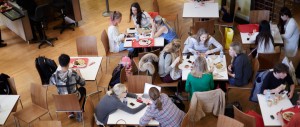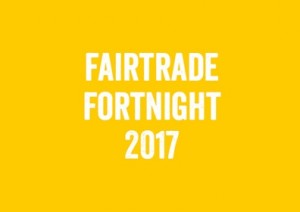This week’s guest blog comes courtesy of Zoe Long. Zoe is a MA student studying Climate Change: History, Culture and Society at King’s.
(The views presented do not necessarily reflect those of King’s Sustainability.)
The Discover Careers in Sustainability event on Monday night kicked off the series of evening events part of King’s Sustainability Week. Full of useful information about future careers, the panel was formed of a range of professionals already working in the sector in various capacities. Sitting on the panel:
• Kat Thorne – Head of Sustainability for King’s College London
• Veda Karandikar – Senior Associate in the Sustainability and Climate Change consulting department at PwC
• David Lourie – Director of Good Business
• Iyesogie Igiehon – Associate in the Global Environmental and Regulatory Law Group at Allen & Overy
For those who could not attend the event, here is a summary of some of the best advice.
Was your first job you dream job?
The overwhelming response was no. Instead, the advice was to focus on the role and the skills it can help you to develop. Considering why the job does not suit you can help shape where you want to be next.
Each panel member has a very different background and route to sustainability, however, they were united by the fact that none of them actually intend to work in the sector. Instead, each person followed a career route led by their interests and networking!
How can you find jobs in smaller, harder to find companies?
Recruitment consultants a good place to start; there are lots of niche recruitment firms, but Acre was mentioned specifically. Whilst they may not have specific graduate roles, a role may come up once in a while and by talking to recruiters you are putting your name out there. Escape the City was also brought up as a place to look for less traditional roles. Twitter, LinkedIn and any social media accounts are often sources of niche roles that may not be advertised elsewhere. When reading reports, check out who wrote the report and if the company is somewhere you would be interested in working. Finally, it is a cliché but networking counts! Get out there and talk to people, be interested in other people’s work and attend lots of events, London is the perfect place to do so.
How can you make your application stand out?
The panellists were very clear you should do your research to really understand what the company is about. You must demonstrate you know who you are applying to. Kat suggested saving your time applying to 100 companies in favour of spending time perfecting five or even one application that you really want. In this time it is important to show the skills you will be using in the role such as research and analysis. Demonstrate you know what the role involves, and how your skills fit the tasks involved.
If you haven’t got a formal education in the role you are applying to, show your interest through practical action or evidence such as volunteering or blogging.
What is the future of the sustainability industry?
There are no signs the sustainability sector growth is slowing. In fact, all signs point to it growing, as larger firms dedicate more resources and time to grow their sustainability departments leading. This will lead to a skills demand in the market. But the sector is changing. Terms like ‘sustainability’ and ‘CSR’ are being used less and less as sustainability becomes a good business practice rather than a side branch of this business.
As sustainability becomes integrated into businesses, jobs will be less advertised as pure sustainability roles and more about core business functions with an edge (or interest) in CSR and sustainability. This means it will be harder to find specific roles so you should focus on your interests and skills. David from Good Business mentioned that when hiring, his firm did not necessarily look for a background in sustainability but rather the skills (business or otherwise) that the candidate will bring to the firm. Secondary to this is a demonstrable interest in the company’s values. Think commercially; trends set to grow include Big Data, AI, and Block chain so start brushing up!
Nevertheless, this is definitely a growing sector, becoming important in every sector and job.


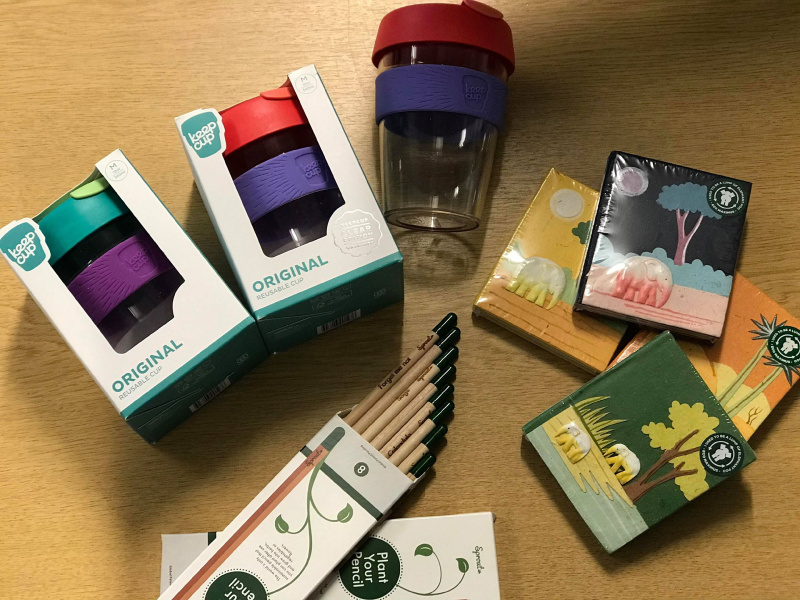











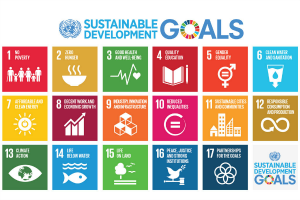
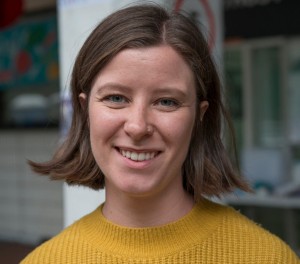 the King’s Sustainability Team as their new Sustainability Projects Assistant. The passion and drive in the team to make King’s as sustainable as possible is palpable, and I am excited to be part of a university that is dedicated to embedding the ethos of sustainability across all of its practices.
the King’s Sustainability Team as their new Sustainability Projects Assistant. The passion and drive in the team to make King’s as sustainable as possible is palpable, and I am excited to be part of a university that is dedicated to embedding the ethos of sustainability across all of its practices.